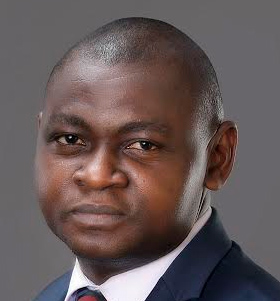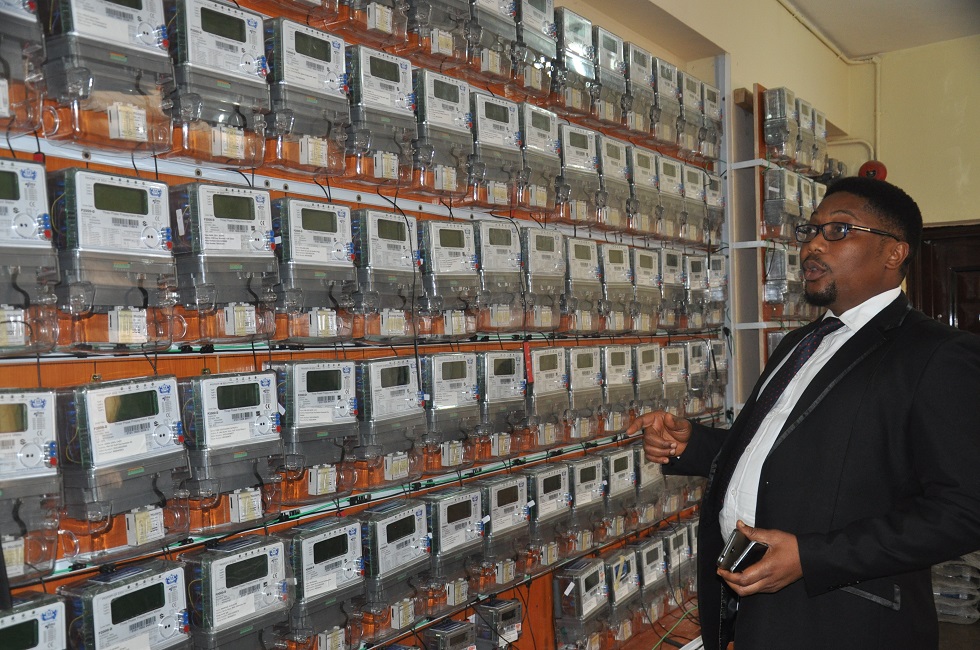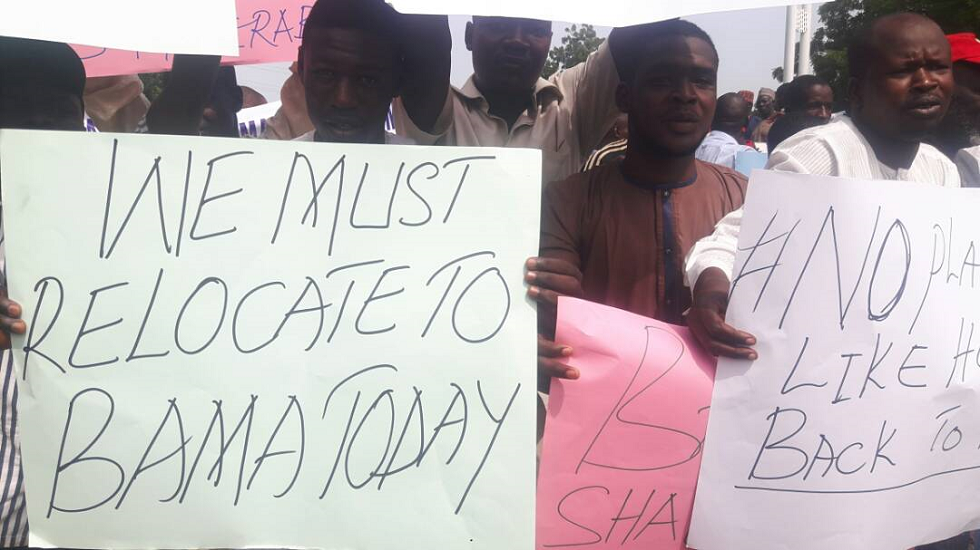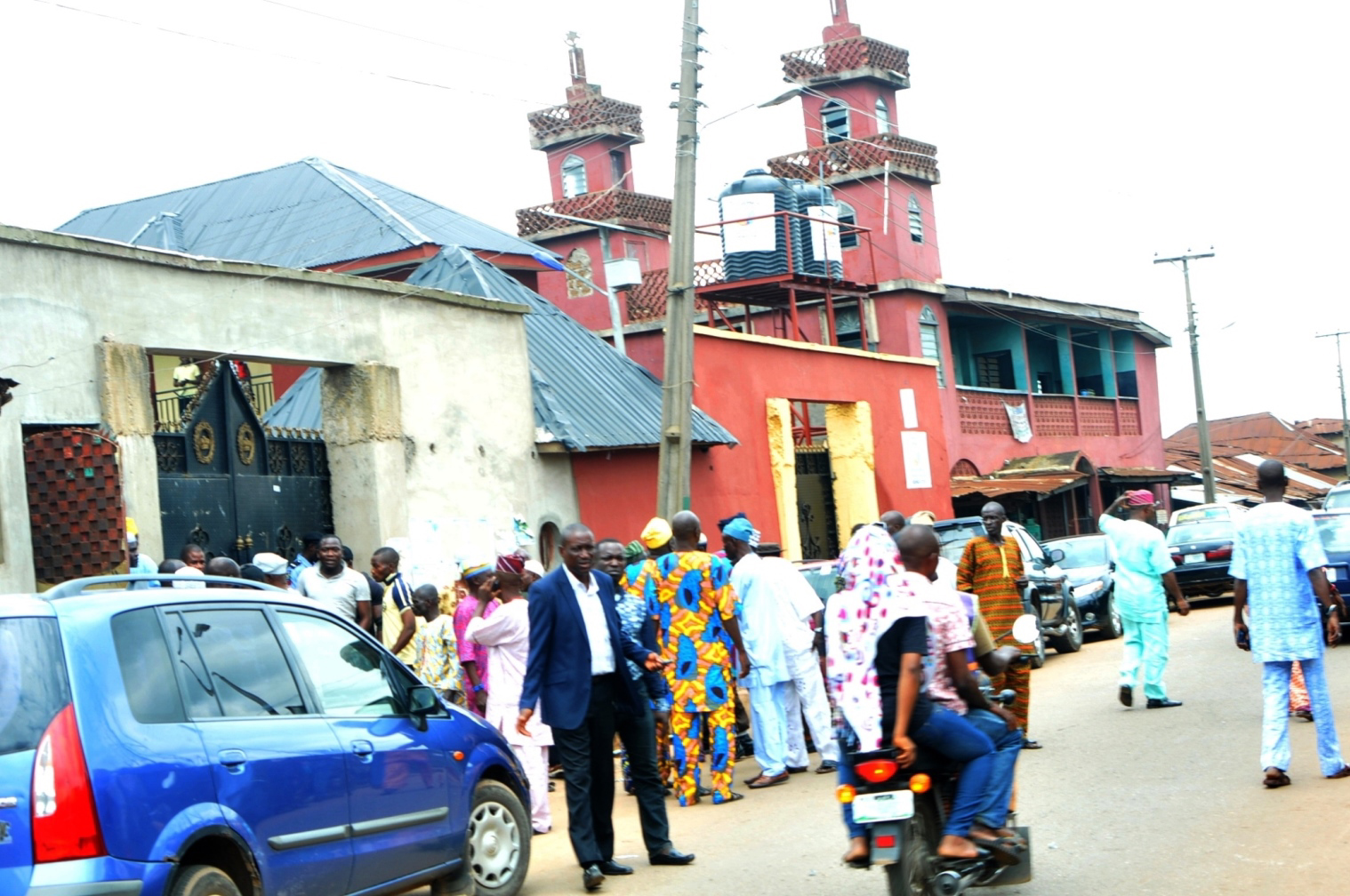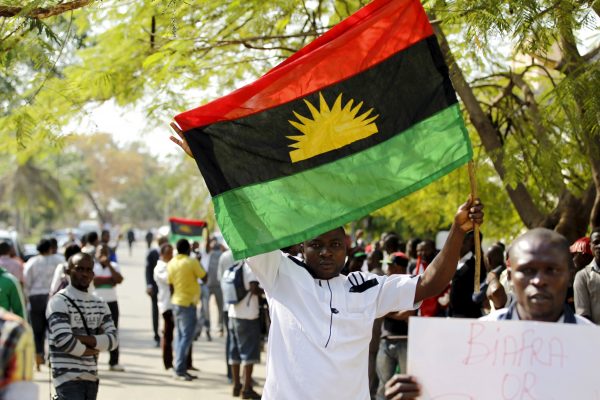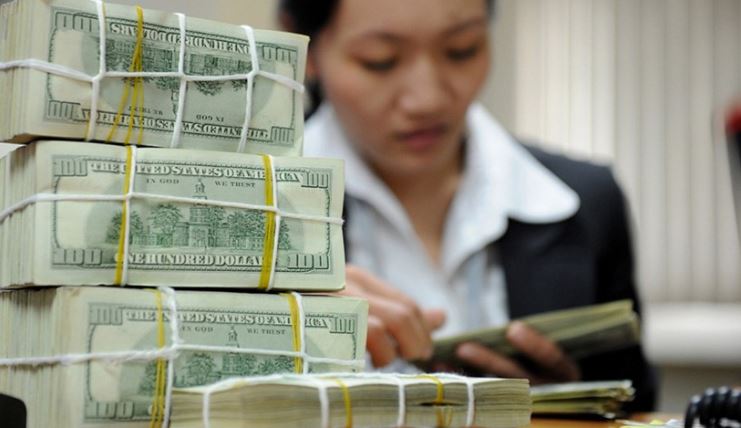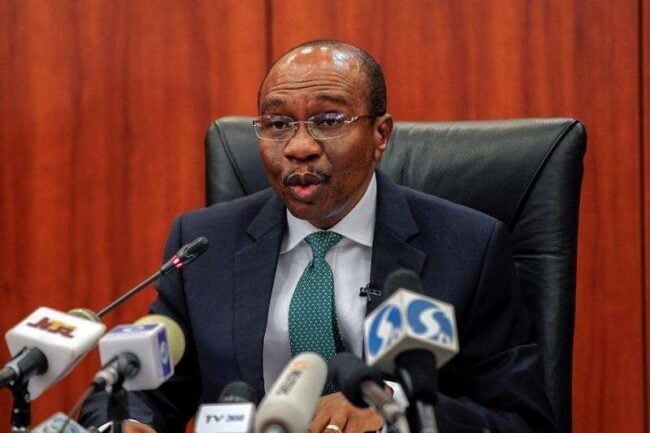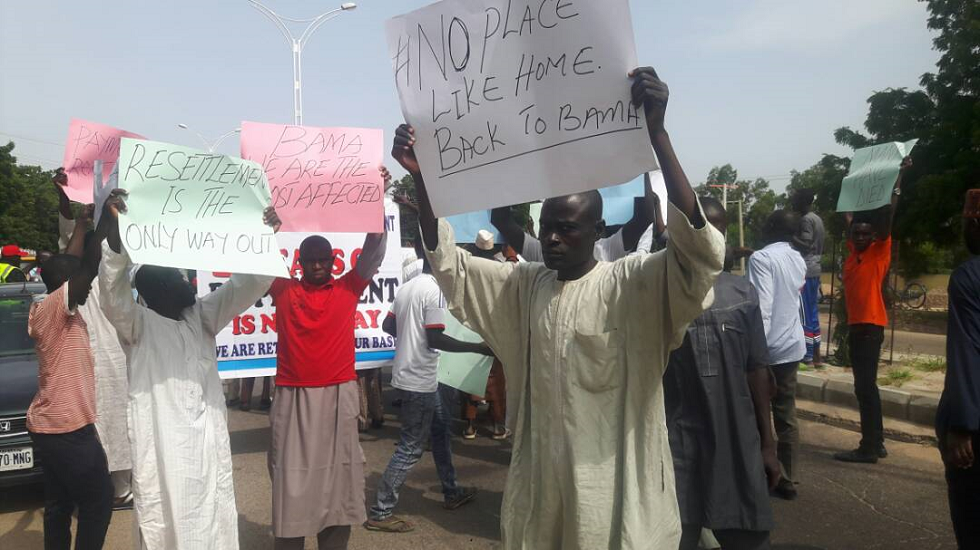O’FEMI KOLAWOLE travelled hundreds of kilometres on the roads of the five states in Nigeria’s south-east for an on-the-spot investigation of the state of electricity supply in the region. Visiting places such as Enugu, Abakaliki, Aba, Owerri, Nnewi and Onitsha, he interviews scores of residents, small and medium scale entrepreneurs, top business owners and key stakeholders to get their first-hand accounts of the power situation in the zone which is home to millions of Nigerians, thousands of artisans and many of Nigeria’s billionaire businessmen, traders and merchants.
Story Highlights
- Residents and entrepreneurs lament poor state of electricity supply in zone
- Most consumers yet to be provided pre-paid meters by Enugu DisCo
- Consumers accuse EEDC of poor services, arbitrary charges and massive rip-off
- DisCo denies allegations, slams consumers for illegal connections and MDAs for unpaid bills
- EEDC speaks to TheCable on what it is doing to close the metering gap
- Stakeholders highlight ways the power sector can “realistically” deliver stable electricity
If you are running what is basically a medical charity and your electricity bill doubles, triples and even quadruples in a couple of years, you will fall ill yourself. That is the experience of Mile 4 Maternity Hospital, a Catholic mission-owned medical institution which attends to pregnant women from within and outside Abakaliki, capital of Ebonyi state.
Reputed for quality services, the hospital was paying just about N250,000 monthly electricity bill three years ago, but now pays N1.2 million, according to Emelda Ugwu , its primary health care coordinator.
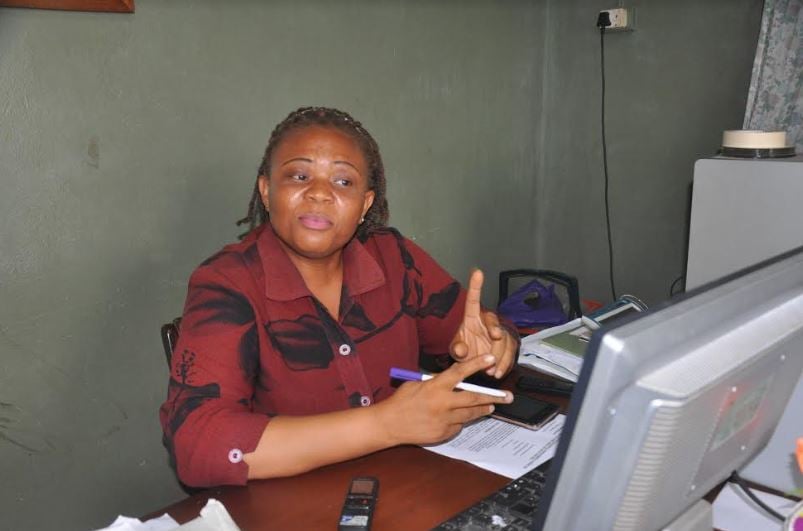
Before the privatisation of distribution companies (DisCos) in 2013, the hospital’s bills hardly hit N300,000 every month. However, the bills began to rise unstoppably, moving to N700,000 and later N900,000. This was despite the fact that the hospital had a pre-paid meter aside its own dedicated transformer.
Advertisement
Although power supply to the hospital is reasonably stable, the management grumbled at the ballooning bills but thought it was just the immediate fall-out of the takeover by the private investors. They believed they could still cope.
However, by January 2017, the hospital was confronted with a whopping bill of N1.5 million. It looked like a death sentence. The hospital would take it no more. The management decided to visit the office of the Enugu Electricity Distribution Company (EEDC) at Abakaliki to lodge a formal complaint on the outrageous billings.
After a series of discussions and negotiations, the hospital would later start to receive a bill of N1.2 million although, like many others TheCable spoke to, it believes it is being overbilled and under-served by the EEDC.
Advertisement
“This is a mission-owned hospital which is not-for-profit. We cater for the poor, the less-privileged and the marginalised. The major challenge confronting us is the outrageous electricity bill being given us every month by EEDC. It always throws us off balance,” Ugwu tells TheCable as she places the latest bill which the hospital had paid for the month on her official desk.
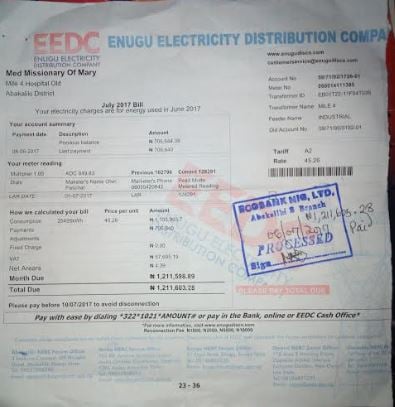
‘HOSTILITY’ TO HOSPITALITY
Angered, disappointed and exasperated, Andy Egwa, general manager of Riv Island Hotel, a three-star facility in Owerri, capital of Imo state which prides itself as the ‘eastern heartland’, shows TheCable copies of letters which his organisation wrote to the EEDC demanding urgent action on the “outrageous bills”.
As far back as December 12, 2014, the hotel, through its director, George Iwuamadi, had written a letter to the EEDC complaining over what it called “fictitious bills”. That was about a year after the EEDC became one of the 11 electricity distribution companies (DisCos) from the privatisation of the assets of the former Power Holding Company of Nigeria (PHCN).
The hotel’s request was that a team of meter engineers should be sent to carry out a re-certification of the pre-paid meter. Its management expected a definite response to the complaints.
Advertisement
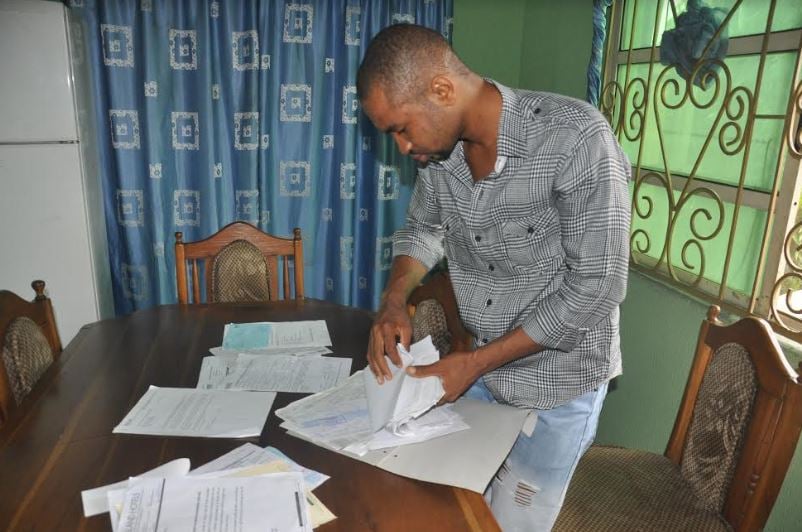
One week, two weeks, three weeks… one month, no response came from the EEDC. Not even an acknowledgment!
When it was exactly a month and a week after its first correspondence, the hotel decided to send another letter as a reminder to the electricity company on January 19, 2015.
This time, EEDC replied via a letter dated January 29, 2015, signed by its principal manager, revenue cycle services, Ozomah Emmanuel. The DisCo informed the hotel that the requested re-certification of its meter had been carried out and “the result showed it is okay”.
Frustrated, Riv Island Hotel decided to lick its wounds. Its decision to express dissatisfaction at the high charges it believes it was being given by the EEDC, despite the poor services from the company, had produced no respite whatsoever.
Advertisement
FROM FRYING PAN TO FIRE
Instead, what it got from the EEDC, on February 9, 2015, was another official communication notifying it of an increase in tariff.
“This is to inform you that the Nigerian Electricity Regulatory Commission (NERC), the regulator of electricity industries in Nigeria appointed a new tariff regime for the electricity industries known as Multi Year Tariff Order 2-1 for the period of 1st January 2015 to 31st December 2018,” the introductory paragraph of the letter said.
Advertisement
“While we assure you of our improved services always, we encourage you to settle your bills promptly to enable us to serve you better.”
Although bitter, the hotel felt helpless. It was like rubbing salt on injury. It continued to pay the bills, albeit grudgingly. As recent as May 2017, though, Riv Island Hotel still wrote another complaint letter to the EEDC on the same matter of outrageous estimated billings.
Advertisement
In conversations among the hotel’s staff, the conclusion was that the EEDC was simply exploiting them and other electricity consumers in the country, and this, with the tacit backing of the Nigerian Electricity Regulatory Commission (NERC), the regulator.
‘YOU’VE WITNESSED IT YOURSELF’
When TheCable visited Imo Concorde Hotel, located in another part of the city, the situation wasn’t any different. It was the same story of frustration and disappointment.
Advertisement
Ugochukwu, the maintenance manager of the hotel which was founded by the state government, told TheCable that the facility is often run on generators because the EEDC has consistently failed to provide stable power supply.
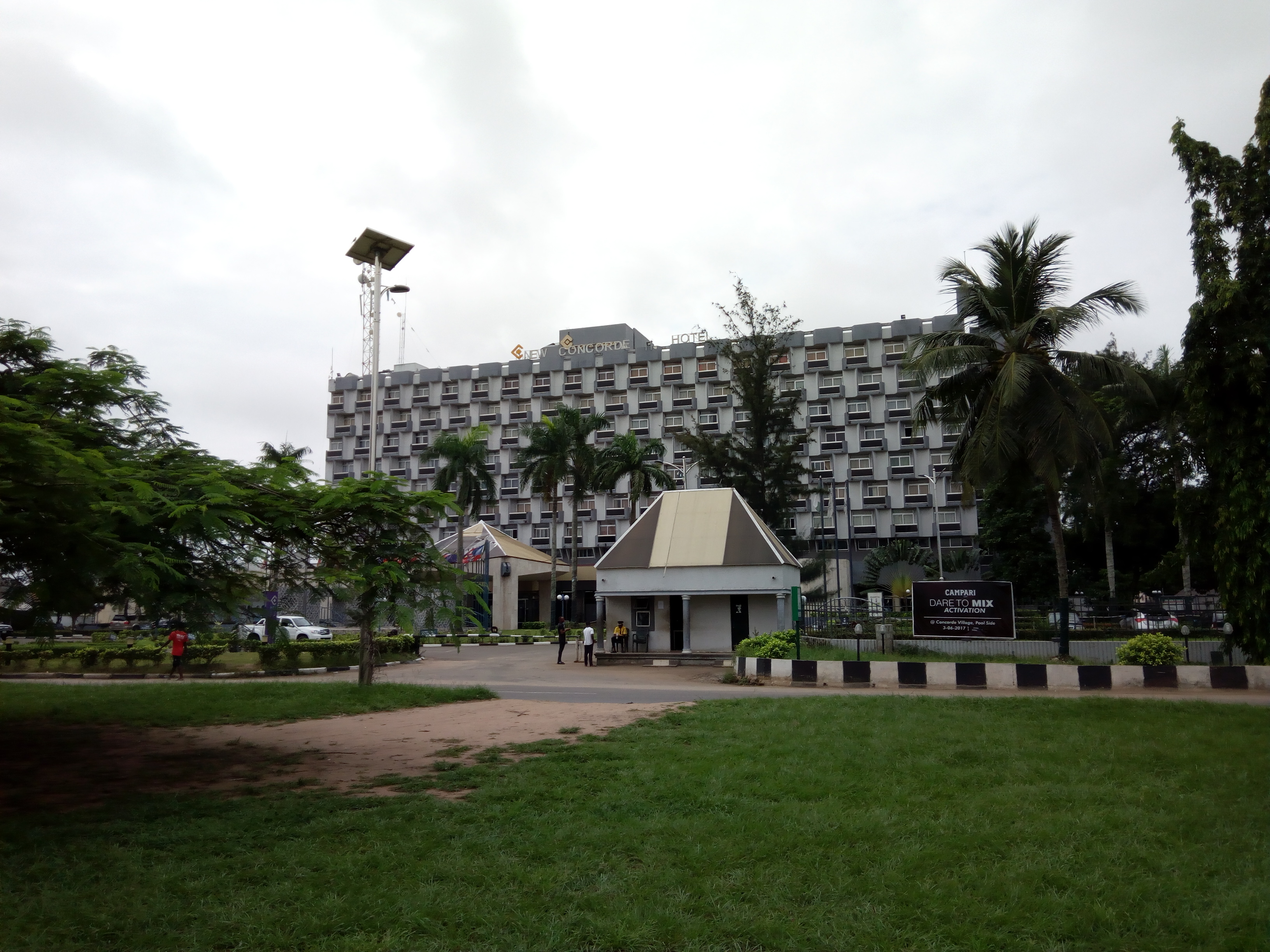
As he sat for an interview at the expansive lobby of the 203-room luxurious facility, there was a quick changeover of the hotel’s power source from the generator. This had to be done even if there was no guarantee that the lights would stay on for long.
“Every naira that helps reduce our operational costs counts,” the manager says.
However, barely 10 minutes into the interview, there is power cut again, plunging the whole complex into pitch darkness before the hotel’s generators are switched on.
Ugochukwu gives a wry smile.
“Now, you’ve witnessed what we experience and see what I’m trying to say. That’s what they always do to us. We’re frustrated,” he says.
He also shows TheCable the copy of a letter the management had written to the EEDC seeking some remedy, all to no avail.
Indeed, so bad was the power situation that the state chapter of the hoteliers’ association decided to take the DisCo to court for the high billings despite “the porous services”.
TheCable saw a letter the body had written to its members inviting them to a meeting and asking them to come along with the sum of N10,000 as contribution to the legal fees for a suit against EEDC.
DISSATISFIED AND ANGRY CUSTOMERS
But there are many more unhappy customers of the electricity distribution company. The civil servants and entrepreneurs in Enugu, the shoe manufacturers and tailors in Aba, the workers and small business owners in Abakaliki, the top factory managers in Nnewi, including the commercial-minded residents of Onitsha, as well as the thousands and millions living in the various communities scattered across the region.
Most of those who spoke with TheCable were united in expressing their dissatisfaction at the quality of service they are receiving from the EEDC. Their conclusion is that the 2013 privatisation of PHCN has been a failure. As far as they are concerned, it has not resulted in the much-anticipated stable power supply in the country in general and the region in particular despite the high hopes that heralded the privatisation process.
Indeed, for electricity consumers in the south-east, it is truly no love lost between them and the EEDC. A town hall meeting which the EEDC hosted in 2016 with its customers in Nnewi, Anambra state, ended in disarray. It was lamentations galore from people who came from the over 100 communities in the state. No consensus could be reached.
The case of Enugu-Ukwu, a community in Njikoka local government area of the state, was particularly pathetic. The EEDC had set up a power sub-station in the community. When the project was inaugurated, people in the surrounding communities and villages danced. They believed an end had finally come to their electricity problems. Unfortunately, they soon got disappointed because barely a week after, the communities were thrown into total blackout.
“Despite all our efforts to make EEDC officials see reason and effect necessary repairs, it only fell on deaf ears as nothing was done to rectify the situation. Many factories in our area have packed up as a result of the blackout since they can no longer afford running their factories with diesel-operated generating sets,” Igwe Ralph Ekpeh, the traditional ruler of the area, disclosed at the town hall meeting.
Residents of another community, Oduma-Obosi, said the EEDC had always made them shell out high sums of money for electricity they did not consume. They begged to be supplied pre-paid meters which according to them would stop the “daylight robbery”.
Other consumers at the forum argued that there really was no difference between NEPA, PHCN or EEDC because what has remained constant in the operations, despite the change of ownership, is epileptic power supply. They alleged that even during festive seasons, the darkness persists, adversely affecting their celebrations.
WOMEN PROTEST
For EEDC, April 2017 was a particularly tough period. That month, hundreds of market women selling foodstuff and perishable items took to major streets in Onitsha to protest what they complained was its epileptic power supply and exorbitant billing.
The women, who marched along Awada, through Nkpor Old Road to the Ugwunwasike Ogidi substation of the electricity distribution company, displayed placards with inscriptions like “High bills, yet no light” and “Estimated billing must stop” while recounting how the poor power supply by EEDC had led to several losses especially for those selling assorted ice cream and frozen fish.
They littered the street leading to the substation with soured ice creams as the protest became more intense. It almost turned violent at some point as the women, out of anger and frustration, started throwing stones into the premises of the firm. They refused to disperse not until an EEDC official, Christopher Ezioma, the network manager, operations, stepped out to speak to them and give assurance that the company was committed to providing them constant power supply although they would also be first supplied pre-paid meters.
Rather than having pre-paid meters, the traders begged to be given low billing by the EEDC. Although the matter was eventually resolved, the peace was only that of the graveyard.
ENUGU HOUSE OF ASSEMBLY STEPS IN
However, another trouble was brewing for the company several kilometres away in Enugu just about the same time. The Enugu state house of assembly held a special sitting where a motion was moved by one of its members, Chinedu Nwamba, a lawmaker representing Nsukka East state constituency, asking the firm to quit operations in the state owing to its poor services following the increasing protests of members of the public to the assembly which had reached an alarming level.
While Nwamba had three prayers in his motion, the house decided to increase them to six.
The prayers included a declaration of “a state of emergency” on EEDC with an order for the company to vacate the state; that the NERC direct EEDC to stop billing customers in Enugu pending the resolution of the identified problems, and that Enugu state set up a technical committee to liaise with EEDC to validate the quality of new meters they are currently supplying the public to know if the setting is commensurate with the unit consumption.
They prayed that EEDC should sit up and begin to do business in line with international best practices and stop charging the people of Enugu state and its environs more than what is charged in other parts of the country. The assembly also charged consumers of electricity in Enugu state to stop paying for electricity bills they did not consume; and that other states within the South East zone should similarly declare a “state of emergency” on EEDC.
The motion was one that received unanimous support from all the lawmakers. The speaker, Edward Ubosi, would later constitute an ad-hoc committee to hold a day public hearing in the three senatorial zones of the state where EEDC and NERC officials would appear.
Surprisingly, the EEDC did not attend the public hearings citing late notification and other previously scheduled commitments of its directors. This further exacerbated the widespread public anger against it in the state.
UNFLATERRING SCORECARD
Meanwhile, nothing changed thereafter. The EEDC scorecard across board was overwhelmingly unflattering. One of those who spoke with TheCable is Emeka Nnadozie, who runs an iron-fabrication company at Abakpa in Enugu.
Nnadozie’s company, which has no less than six diesel generators with which it powers its operations, uses about N40,000 worth of diesel every day and at least N850,000 every month, according to its managing director.
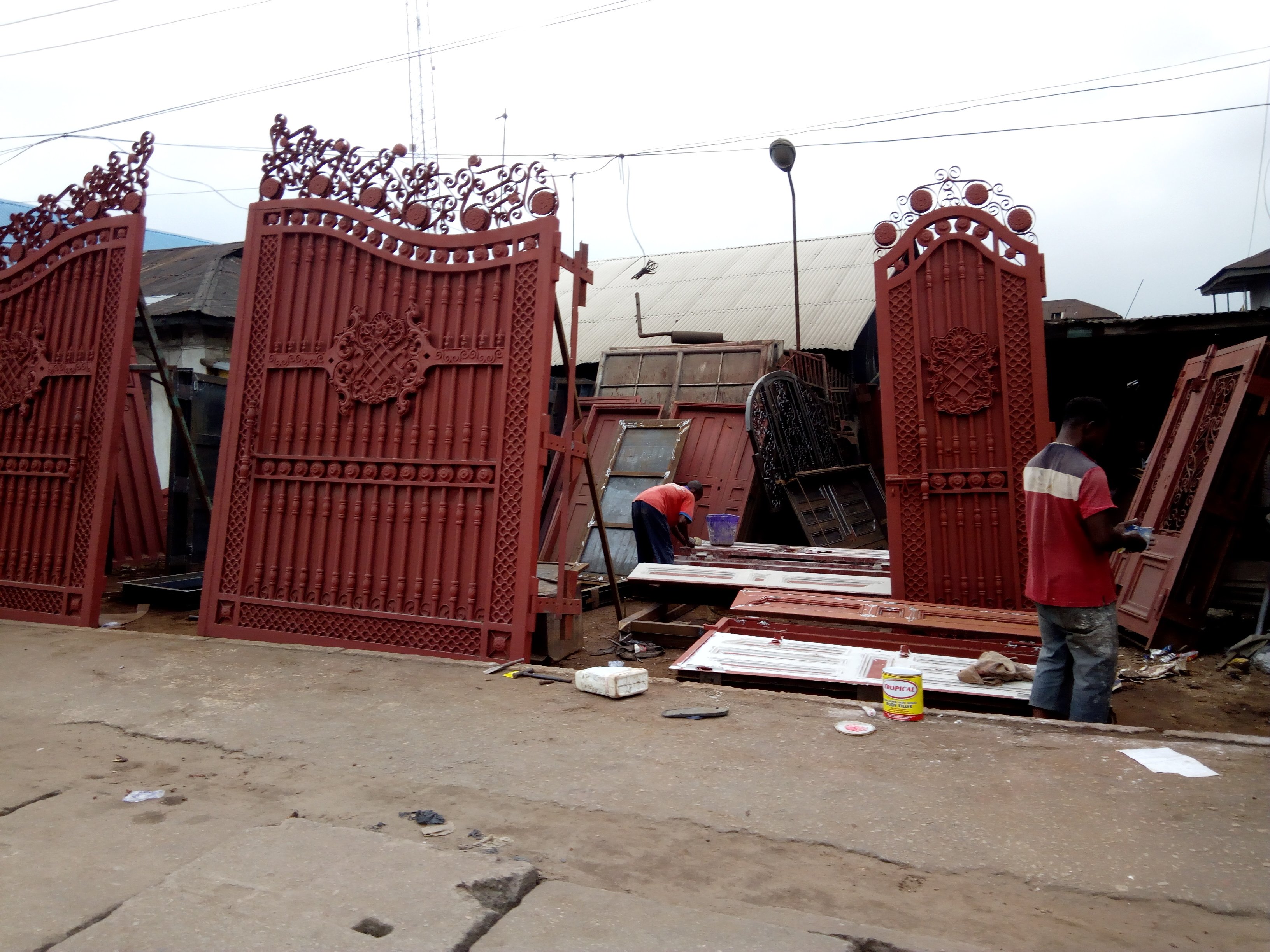
He tells TheCable that he wouldn’t give the EEDC a mark of more than 2% if he was asked to rate the company’s services.
“The problem is that even when they tell you they are ‘shedding’, you will still not have it on the day they say it’s your turn. You may have light just once a week but at the end of the month, they will distribute their bills and it is usually outrageous. It’s simply official robbery,” he says.
Nnadozie discloses that EEDC has not supplied his company a pre-paid meter despite consistent efforts of making such request. He believes the DisCo uses this avenue to rip off customers like him through estimated billing.
DYING IN SILENCE
“It’s true they spent so much money acquiring the assets when it was privatised. And it’s true they also pay huge sums of money to buy power from the GenCos. But their service is not satisfactory. We are all dying in silence. Well, it’s not that we are dying in silence but we shout, we complain, yet nobody is listening,” Nnadozie adds.
Elodion Oseloka, an engineer, had decided to pursue his entrepreneurial dreams after graduating from university. He set up Dion Network Solutions, a young ICT company. However, he tells TheCable the power situation has became a burden on his business.
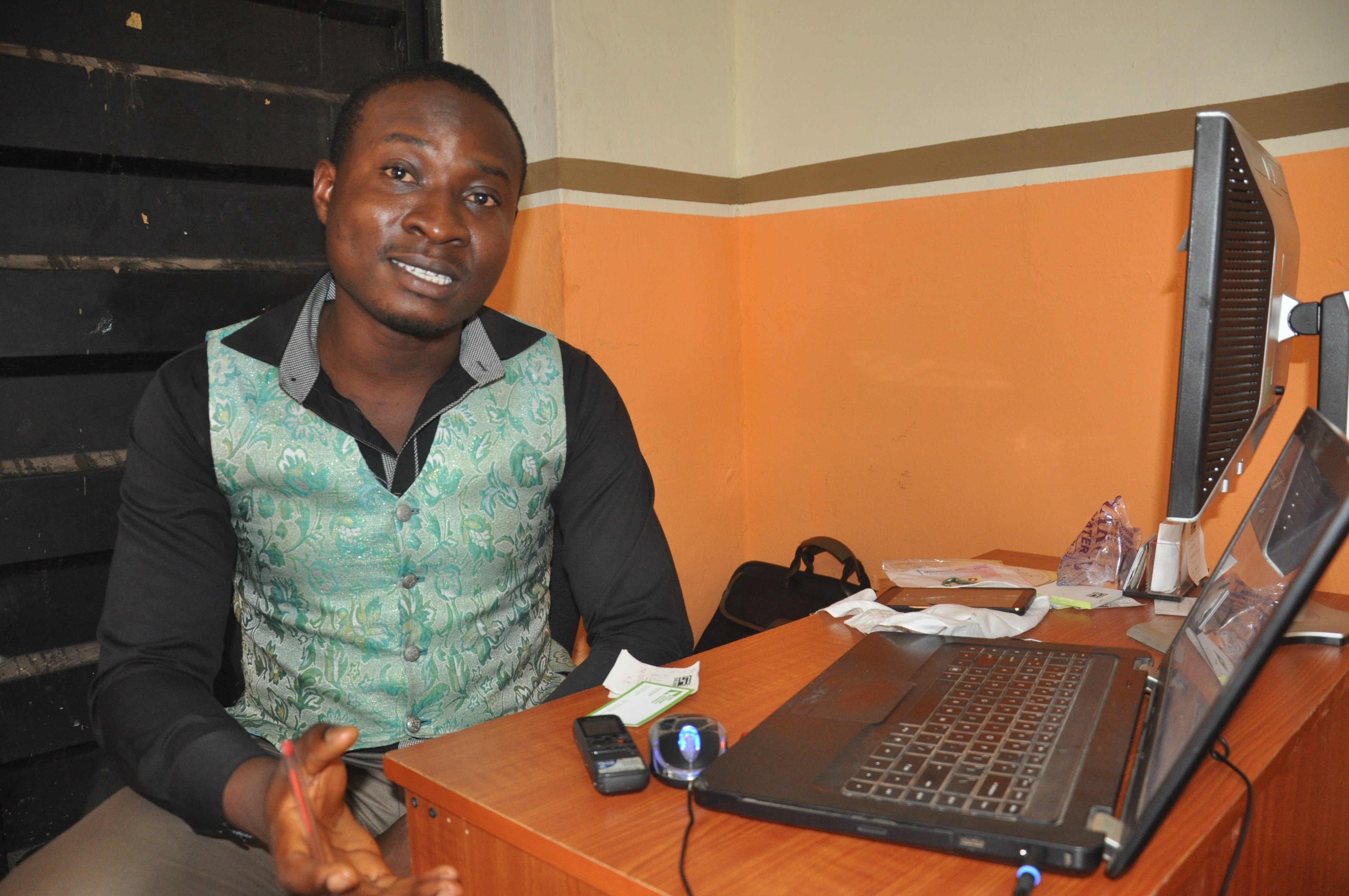
Oseloka, who says his young company spends N6,000 per week on fuel totalling N24,000 per month, discloses that to continue in business, he has had to increase some of the charges of his company’s services.
“We actually use generators about 60 per cent of the time and the noise from that is not in any way comfortable,” he says.
“If the electricity situation in the country improves, small business owners like me won’t mind paying a little more for it.”
FROM ABA TO ABAKALIKI, NNEWI TO OWERRI, ENUGU TO ONITSHA — IT’S COMPLAINTS GALORE
But the experiences of business owners like Nnadozie or Oseloka are only a tip of the iceberg in the problems which electricity consumers of various shades in the region as well as across Nigeria face as they grapple to meet their daily energy needs.
In Ebonyi, for instance, low electricity voltage is a usual occurrence on many streets. In Owerri, blackouts are common. In Aba, there are residents who have never set their eyes on a pre-paid meter as is also the case in Anambra where most economic activities especially in industrial hubs like Nnewi and Onitsha are run on generators. All these are quick glimpses of the state of power supply in the region even as the experience there may well pass for other Nigerian towns and cities.
And there are many examples.
ABA ARTISANS AND THEIR ANGRY TALES
At Aba, most residents complained to TheCable about the epileptic power supply and estimated billings by the EEDC. Shoe producers at Ariaria international market said the epileptic power supply is reducing their productivity.
Ik Nwa-David, secretary of the Powerline Shoe Manufacturers Association of Nigeria (PSMAN) and one of the leaders of a shoe production cluster in the city, shows TheCable two black military boots produced by the over 6,000 workers and shoemakers in the association.
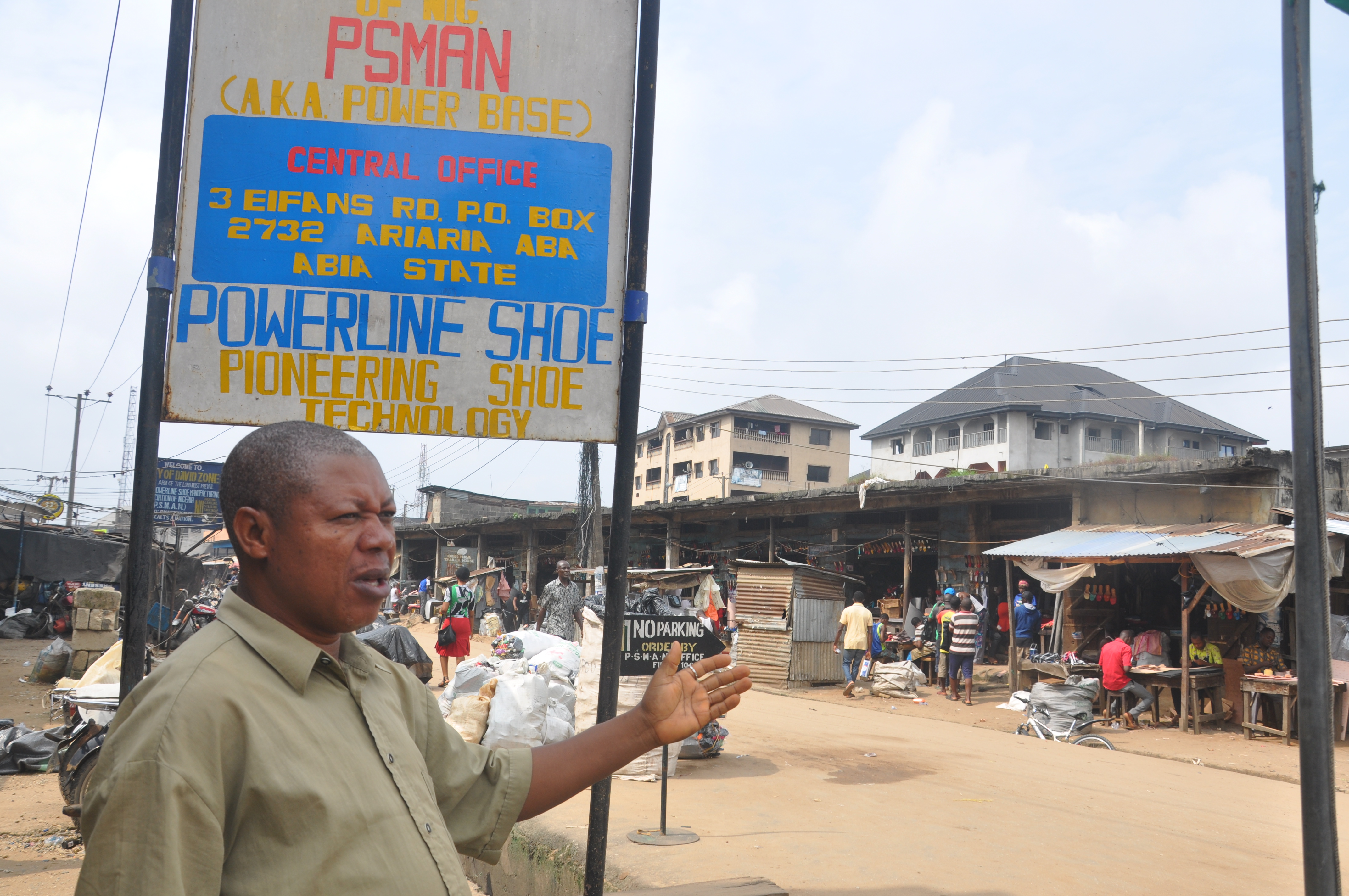
“One is for the army and the other for the police. We produced them right here in Aba. And we can do so much more if the power problem is solved because electricity is a major challenge for us,” he says.
“It may appear unbelievable but that is our experience. In a month, the light may not be on for more than five times, yet, the bill will still be brought at the end of the month and it’s usually annoying. Because of lack of electricity, we use stoves to dry the shoes we produce instead of using electric heaters,” Onyemechi Mba, another shoe manufacturer, tells TheCable.
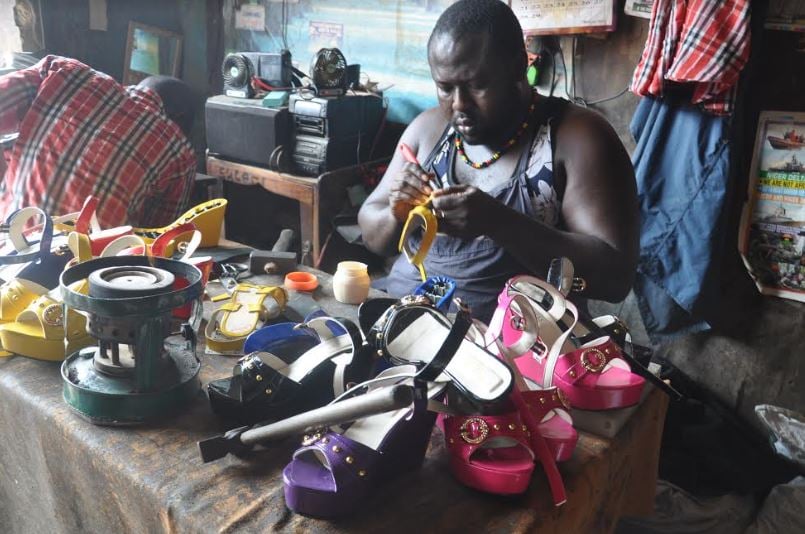
At St. Eugene Umeme Road, residents told TheCable that they enjoy public power supply usually once in a week and are perpetually on generators.
At Post Office, Umungasi area, a busy commercial centre in the city, most of the businesses run on generators. The story is the same on Okigwe road, Azikiwe road, and Fauks road where there is an ongoing road construction — including Dan Fodio road where the massive Our Lady of Lourdes Catholic Church in the city is located.
At Umuocham in Osisioma area of the state, residents also mostly use their electricity generators. Joyce Okeke, a frozen store owner, tells TheCable that “it’s like EEDC doesn’t like giving houses meters. They prefer estimated billing. I think they gain more that way”.
WORRIES FROM OWERRI
In Owerri, residents told TheCable how they would go for several weeks without power except for some few hours occasionally. In some parts of the city, power is rationed.
“We no longer listen to news. We are tired of EEDC. We are simply tired of their cheating. We don’t see any light yet we are forced to pay. And if you don’t pay, they will cut your cables and take them away to their office. And even after you pay, they will still demand reconnection fee from you aside the fact that you may not even get back the original cable which they took away from your house,” he says.
On Lagos Street, small business owners always have their generators running. The fumes go into the air and flow back into their shops. They don’t seem to care that the carbon monoxide being inhaled is hazardous to their health.
“I run four generators to power my business. I’m investing in solar energy now. The service we are getting is poor. Officials of the EEDC should also put themselves in our condition. If they are the ones being offered the type of service they are offering, will they pay?” an entrepreneur laments.
“When they bring the bill, we are always puzzled. I can tell you that we have never for once enjoyed power past five hours at a single stretch. That is the truth,” says another business owner.
AT NNEWI, GENERATORS RUN EVEN WHEN EEDC SUPPLIES POWER
A middle-aged woman who is the manager of Four Seasons Eatery at Nnewi tells TheCable that many small businesses like hers have closed down because of the power situation.
“When power is brought for 10 minutes, it is taken for 10 hours; that’s how I’ll describe the situation,” she says.
At Swiss Park, a hotel on Ezeogidi road in Nnewi, the general manager informs TheCable that they were billed N150,000 in December 2016 only to be confronted with a bill of N700,000 by the following month in January 2017.
“We couldn’t understand what led to the astronomical rise within two months,” the manager says.
When TheCable visited Innoson Vehicle Manufacturing Company at Nnewi, a top official of the company who asked for anonymity as he was not officially authorised to speak to the media, said the auto manufacturing company has for long jettisoned power supply from EEDC. The company runs on generators. This, of course, adds to its operational costs.
The official however explained to TheCable that the company is in talks with an international company interested in setting up a generating plant that would supply it power directly including other factories in the town.
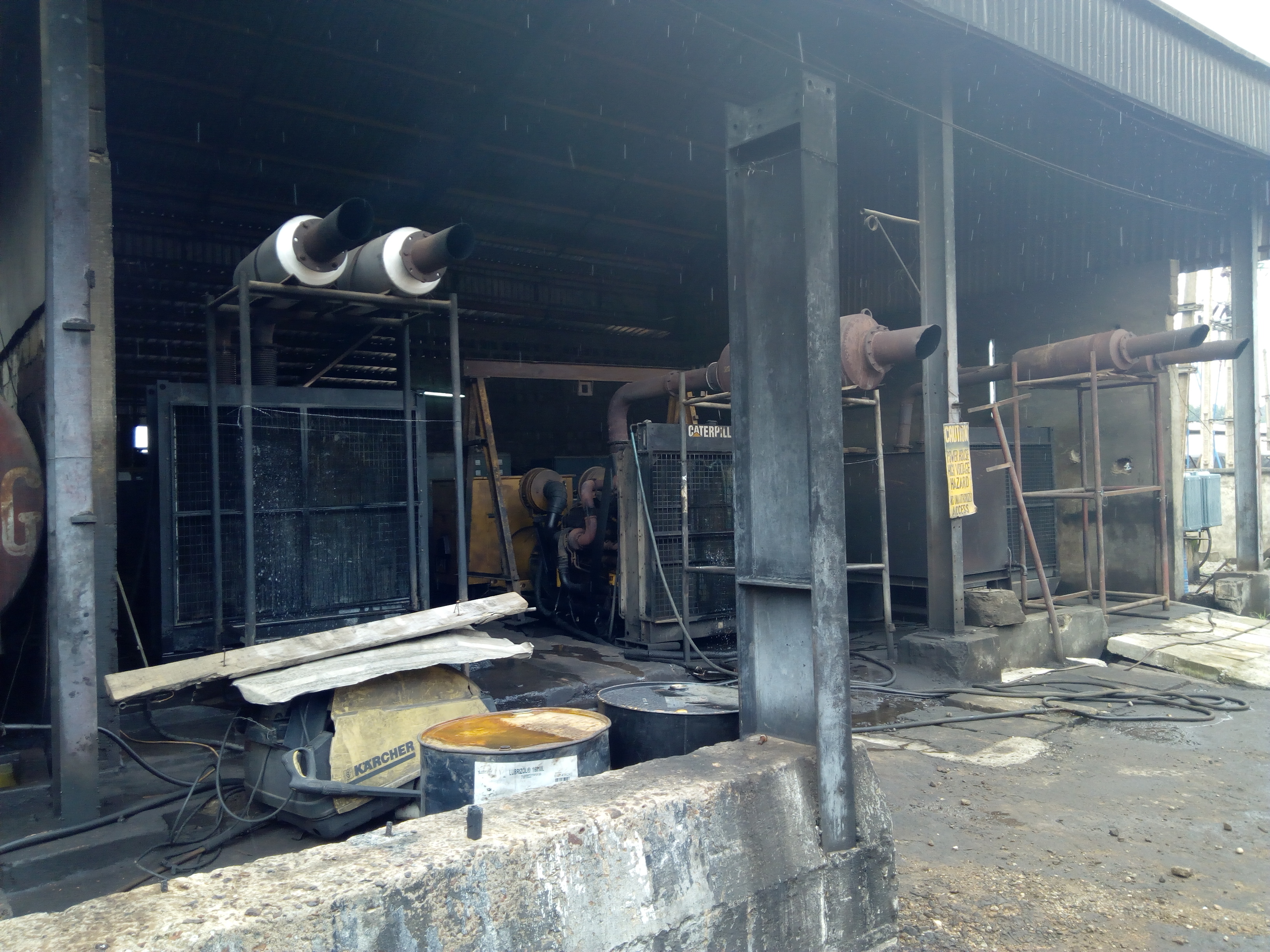
The situation was also the same when TheCable visited Chicason Group of Companies which has factories producing different brands types of automotive oil, vegetable oil, and plastics among others. The company employs several hundreds and runs its massive operations on generators.
When TheCable visited Nnamdi Azikiwe University Teaching Hospital (NAUTH) Nnewi, Anthony Igwegbe, a professor and the chief medical director, explained that even when the power supplied by the EEDC is on, the hospital still has to make use of its generators on most occasions. According to him, the low voltage supplied by the power company cannot power a good number of their medical equipment.
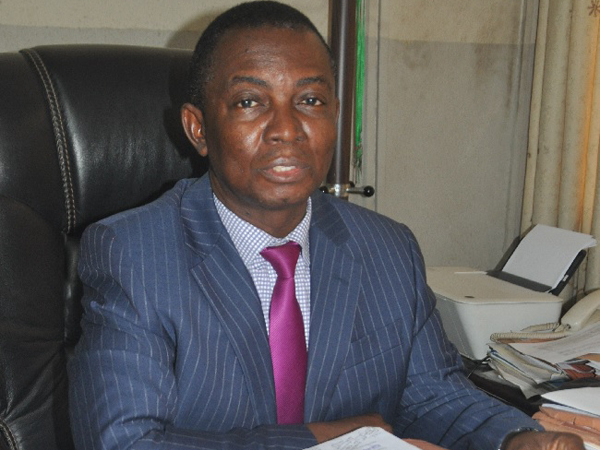
“We still run our generators even when the EEDC supplies light as a result of the low voltage. So we spend more. We have to pay them and also fuel our diesel generators,” the CMD told us.
‘ONLY THE RICH ENJOY IN ABAKALIKI’
At Abakaliki, the Ebonyi state capital, one of the areas TheCable visited is Ishieke which hosts thousands of students of the Ebonyi State University. The power situation is also not cheery according to the students.
And at the popular Abacha roundabout which is a beehive of commercial activities, most businesses run on generators. Because of the terrible tales being shared by those who already have pre-paid meters, those who are yet to get theirs are not keen on being provided one at Abakaliki.
However, Andy Alago, a resident who lives around Adig Suites area, tells TheCable that “EEDC is trying in providing electricity in his neighbourhood.”
Asked to give details, he says they have enjoyed good power supply in the last two weeks although it is being rationed which he is not happy about. He also disclosed that they often enjoy power supply towards the period when the bills are to be distributed.
“After that, they will not bring the light again. We are suffering. Poor people live here. We don’t have generators. Only the rich ones are enjoying. Please, let the government do something for the poor masses,” Alago tells TheCable.
On Ogoja road, residents told TheCable that their lights hardly go off. Many banks are on the road. The local populace believe they are enjoying the goodwill of the banks in the area. Many of the residents believe the EEDC gets some payment from the banks to have the lights on.
However, in other places in the city like Stadium area and New Market Road, people complain of how they endure a day on and another off although there is no guarantee that they would have it even when it’s their turn. Customers there lament EEDC’s delayed metering of their area, load shedding and ‘low current’ despite the estimated billing which is often high.
‘WE PAY FOR POWER WE DON’T USE’
Ibii, an autonomous community of about 800 houses in Afikpo, Ebonyi South local government, for years, the community lives in darkness. Vandals had carted away the cables that supplied electricity to the area. They are still waiting on EEDC to fix the situation.
The case of another Ebonyi community, Amaike-Aba, is particularly pathetic. Most houses in the neighbourhood, TheCable learnt, were usually given bills of about N14,000 each irrespective of whether electricity was supplied during the period or not.
Frustrated, the residents went to the EEDC to complain. They also requested to be supplied pre-paid meters while expressing their displeasure with the fact that they pay for power they don’t use.
While the matter was yet to be resolved, the transformer serving the area broke down and the community was thrown into complete darkness.
To the consternation of the people, the EEDC refused to fix the transformer or replace it with a new one for several months. When nothing was done about their complaints and the people felt they had had enough, they decided to carry out a public protest.
The EEDC would later send its men to repair the transformer even though residents expected a new one to be brought to the area because of the higher number of people now living there compared to the population when the transformer was initially installed in the early 90s.
But their trouble was only just starting.
“After the transformer was repaired at the end of the day, its capacity could no longer cope with the number of people living in the coverage area. From then now, one area would have light while others would not,” Uzor Orji, a member of the community, who works at the Federal Teaching Hospital, Abakaliki, (FETHA) tells TheCable.
“And even though we don’t usually have light, the bill they send us is crazy. That is corruption as far as we are concerned. But we can’t fight them. They usually come with police officers and men of the army to cut our light and harass people.”
In Ogboaga area, residents, especially those working in offices, say they have resorted to patronising drycleaners to iron their clothes due to the poor services they are getting from the EEDC.
At waterworks, another area of Abakaliki, the complaints of residents there is different. Because of the occasional power surge, many of their appliances and electronics devices have been damaged because of the high voltage.
“About two months ago, just because of the power surge, appliances that got damaged in my house alone was worth more than N50,000. Some suffered losses up to N100,000,” a shop owner who simply identified himself as Bernard and sells cables and wires says. Other residents also corroborated this.
PRE-PAID METERS TO THE RESCUE?
With widespread complaints from residents in the region on estimated billings, TheCable tried to seek out those already supplied pre-paid meters by the EEDC and get their experiences.
Sharing his organisation’s experience using a pre-paid meter, Chris Nwatu, general manager, HardBreak Hotels, New Haven, Enugu, explains that it has not provided the much-expected succour as the rate at which the units are consumed is astonishing.
“Every week, we buy N150, 000 worth of power. Sometimes, it is up to N200, 000 and everything gets exhausted within seven days. And this is a business that fluctuates. Sometimes you make profit and at other times, you don’t, yet the business must keep running. We are really sad at the power situation in the country. That is the honest truth,” he says.
He lamented that the epileptic power supply has particularly affected those of them in the hospitality sector since it is a 24-hour service industry. He explained that power supply to the hotel is not up to five full hours in a week while the two generators owned by the hotel have been the main stay of its electricity supply.
“Sometimes, EEDC turns on the light for about 30 minutes and then switches it off. Power may not be restored again for the next seven hours. And when it comes on, it may not even last another hour. Even if we have two guests lodged in, we have to put on our generators to ensure their comfort. We are currently on generator and consuming diesel. It’s really a challenge and it’s affecting our operations,” the hotel manager tells TheCable.
Another resident, Stella Anyaoku, a teacher and a young widow, informs TheCable that she had gone to recharge the card of her pre-paid meter only to be informed that she was owing an arrears of N20,000.
“I was shocked. Many other customers also had their complaints. Some were said to owe about N50, 000. That they didn’t recharge for some months and they had to pay for it. Is that fair? Why should we pay for power we didn’t consume?” she asks.
Joel Enang, a restaurateur at New Haven, an upscale area of the city, says he spends about N8,000 monthly recharging his pre-paid meter. However, he is not complaining as he enjoys power supply more than 18 hours every day.
“You can always predict when they will take the light and when they will bring it back, I like that predictability,” he says.
SHOULD PRIVATISATION BE CANCELLED?
Meanwhile, amidst the growing disappointment, there have been calls, a number of them from very influential Nigerians, that the privatisation of the power sector be reversed.
A month to the swearing-in of President Buhari in May 2015, former Vice-President Atiku Abubakar had called on the incoming administration to summon the political will and reverse the privatisation done by the Jonathan administration “so that the power sector for Nigeria can move on”.
About six months later, Aliko Dangote, Africa’s richest man and President of Dangote Group, Nigeria’s leading multinational conglomerate, also added his voice to the clamour.
“We should be as open as we can, if government doesn’t intervene by taking these assets and giving them to people who really have money that they can really inject, we will not be able to deliver on power,” Dangote said.
In January, Senate President Bukola Saraki also joined the fray. In a welcome address to senators after resuming from their end-of year recess, Saraki said the privatisation of the power sector had failed although he stopped short of calling for its cancellation and reversal.
In the session, he told his colleagues that he and some select senators had met with stakeholders in the power sector to get an understanding of why not much success has been achieved in the sector despite the series of investments and government’s best efforts, concluding that the revelations were “mind-boggling.”
“There had been errors in the privatisation process and the model by which the power sector is being operated, whether at generation or distribution will never take us where we need to be. It has failed and nobody appears willing to tackle the issue head-on towards a permanent solution,” the senate president said.
However, Tomilola Akingbogun, chairman, Network for Electricity Consumers Advocacy of Nigeria (NECAN), told TheCable that reversing the privatisation process is definitely not the answer to the problem as being suggested, as such calls, according to him, is like asking that the baby be thrown away with the dirty bath water, more so, when the structures owned by NEPA and PHCN have since been dismantled with investors in the electricity supply chains still having huge loans to pay to banks.
The NECAN chairman insisted that what Nigerians must demand is for NERC and other regulatory agencies to be alive to their responsibilities.
He also maintained that former public officials who signed contracts on behalf of the country, many of whom have left public service and now enjoying their retirements, should be called upon to answer questions on the type of compromising contracts they signed on behalf of the people which were more in the interest of investors than the country.
NERC: A FAILED REGULATOR?
Established by the Electric Power Sector Reform Act of 2005, the Nigerian Electricity Regulatory Commission is an independent body set up to undertake technical and economic regulation of the Nigerian Electricity Supply Industry. The commission, among other roles, is to license operators, determine operating codes and standards, establish customer rights and obligations and set cost reflective industry tariffs.
Sadly, many Nigerians, including industry stakeholders like Akingbogun, believe NERC has not lived up to its name or performed its roles effectively and efficiently. Even DisCos also believe the regulatory has failed to set a cost reflective tariff for the electricity industry in Nigeria. This is because without a tariff that makes it possible for operators to recover their costs, there will be no improved service delivery.
Although the Buhari administration is yet to appoint a substantive chairman for NERC, TheCable reached out to the commission for an interview. Efforts to speak with NERC’s acting chairman/CEO, Sanusi Garba, an engineer, were not successful.
EEDC: NIGERIANS REFUSE TO PAY ELECTRICITY BILLS
Responding to the series of allegations against EEDC at the company’s headquarters on Okpara Avenue, Enugu, Emeka Ezeh, head of communications, tells TheCable Nigerians expected too much too soon from the privatisation process even though the power sector had suffered neglect for decades.
He argued that the privatisation is just three years plus down the line and Nigerians need to be more patient to see desired results.
“You don’t expect the neglect of over two decades and more to be transformed within a short time. That is our position. However, as investors, we are working assiduously to cover lost grounds, one of which is metering. While we admit that the metering gap is so wide, I want to assure the public that we are committed, at EEDC, to providing pre-paid meters to all our customers,” he says.
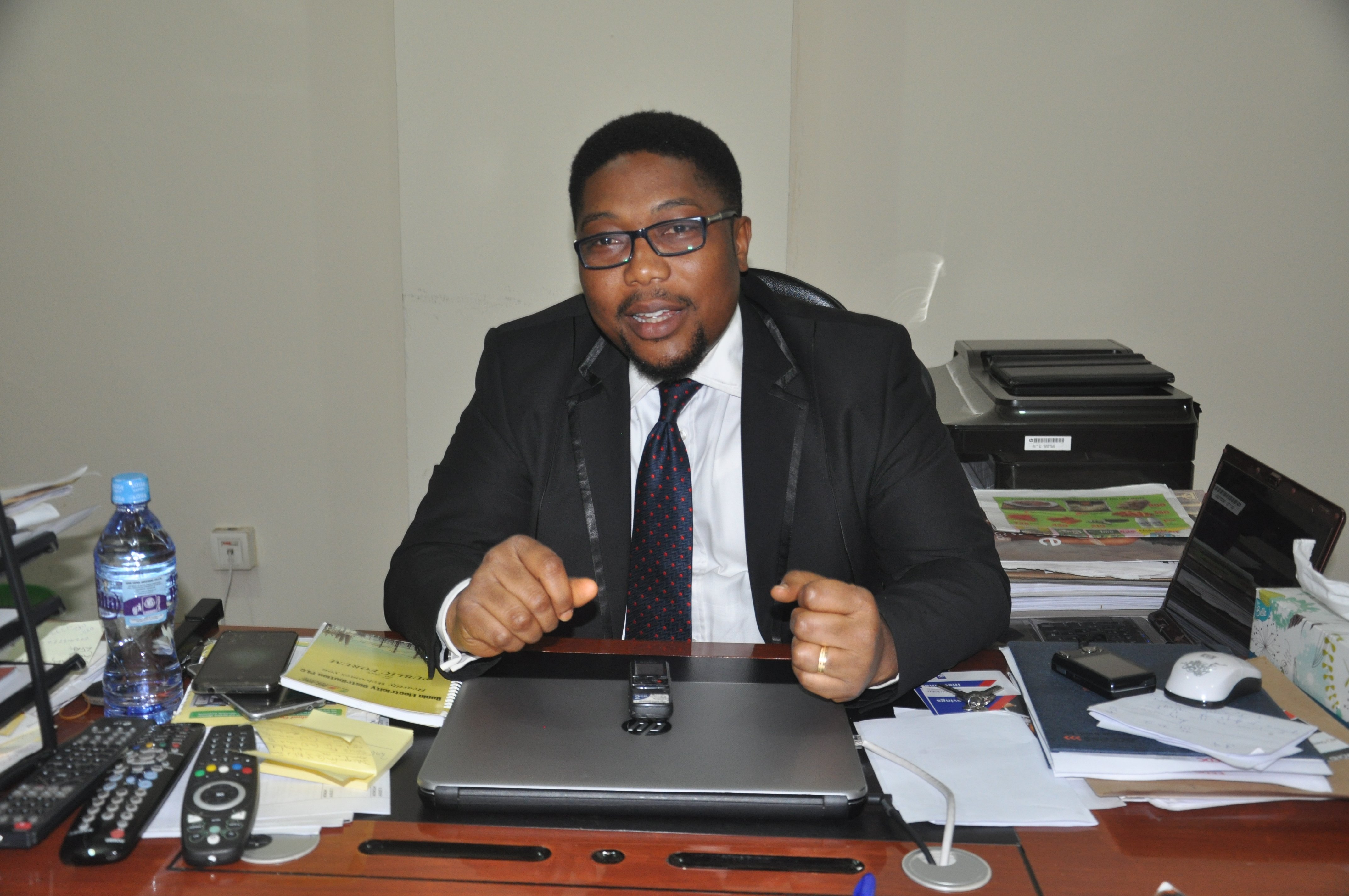
Ezeh discloses that the company has committed N10 billion to procure meters which would be installed in residences and offices and that it has already covered all its maximum demand (MD) customers with meters while it is currently working to meet the demands of its residential and individual customers across the five south-east states.
He points out that the company would have covered more grounds were it not for the funding issues it had in accessing forex for its procurement needs which slowed down the company’s progress in this regard as well as the huge funds owed it by customers including government ministries, departments and agencies. He also accused many residents of illegal connection and bribery of some of the company’s officials.
As a demonstration of its commitment to meeting the metering gap, he shows TheCable round one of the offices in the company’s headquarters where pre-paid meters are being programmed by the company’s team of engineers before installation.
On customers’ allegations that the meters being installed were already pre-programmed and manipulated by the EEDC to consume their credits faster, the spokesman denies. He equally faults claims made by some of its customers with pre-paid meters who say they are being asked to pay arrears at some of its offices in the south-east. He asked such individuals to officially make their complaints.
“We encourage people making such claims to come forward so that we can investigative them. Those with arrears can’t say they don’t know where that is coming from. If you’re a customer, you have arrears and in-between that, you’re metered, that arrears must be cleared. If people are saying they don’t know where such arrears are coming from, they can provide us with their bills. We will investigate and tell them where it is coming from,” Ezeh adds.
On the vexatious matter of estimated billing by the EEDC and outrageous charges for services not enjoyed by customers, Ezeh says there is no way his company could have been involved in such since its operations are regulated by the NERC. He accuses the average electricity consumer in the country of not wanting to pay their bill.
“An average customer doesn’t want to pay his bill. Bill him N500 for instance and he’ll tell you it’s crazy. We don’t just bill arbitrarily. We apply the methodology of billing designed and approved by the NERC which is our regulator. Billing is a factor of availability, customer class and tariff. Those are the parameters we use,” he says.
He advises customers who feel they are being given outrageous electricity bills to channel their complaints to the company’s various district offices across the south-east, through its 24/7 call centres, or its social media handles on twitter and facebook.
The EEDC image maker says those calling for the reversal of privatisation must ask themselves what they have contributed to the sector to make it survive and succeed.
“As DisCos, we have not been given the support we need. That is the truth. For instance, at EEDC, we procure over N4 billion worth of energy monthly. We struggle to make 50 per cent of that revenue. Are we okay? I will say no. Those calling for the reversal and cancellation of the process should look inward,” he says.
“For instance, how have they supported the process? Even the tariff plan being used currently, it is not cost-reflective of the current economic reality. As I speak, state governments owe us money including ministries, departments and agencies. Many customers don’t pay their bills but expect magic to happen.
“If the environment is conducive and the business is running as it should, you can then come back to accuse us of not delivering. But there is a reality we must not also overlook. In a situation where we’re still generating about 3,000 to 4, 000 megawatts of electricity as a country, we are not even where we ought to be. We must admit that. Until the generation increases and availability improves, that’s when we can start talking.”
‘WE DON’T WANT PRE-PAID METERS’
Meanwhile, informed that the EEDC had given assurance that it would soon be supplying pre-paid meters to its customers, some residents disclosed that they are not excited about this based on the sad tales they hear from those who already have.
Also responding to the EEDC’s allegation that customers carry out illegal connections, some residents said this should not be an excuse for the company.
“If people are making secret and illegal connections like the EEDC is claiming, how many people have they been able to arrest and punish for such offence? They have no excuses,” a resident told TheCable.
“The problem has lasted this long because the government knows the various investors who bought the companies. If it were to be a foreign investor that was not known to the government and the performance has been this disappointing, I can tell you the federal government would have taken serious steps at calling such investor to order or even having another competitor in place,” another told TheCable.
Many also suggested that state governments should invest more in power infrastructure towards generating electricity to power their respective states.
“I can tell you that the price of fuel will drop if the electricity problem is solved since the demand for it will reduce if fuel and diesel are only used by transporters and not that Nigerians need them to run their generators.
WHAT FASHOLA SAID
Speaking in an interview with TheCable in June, Babatunde Fashola, minister of power, said the ministry was doing everything within its power to ensure that the country gets energy sufficiency.
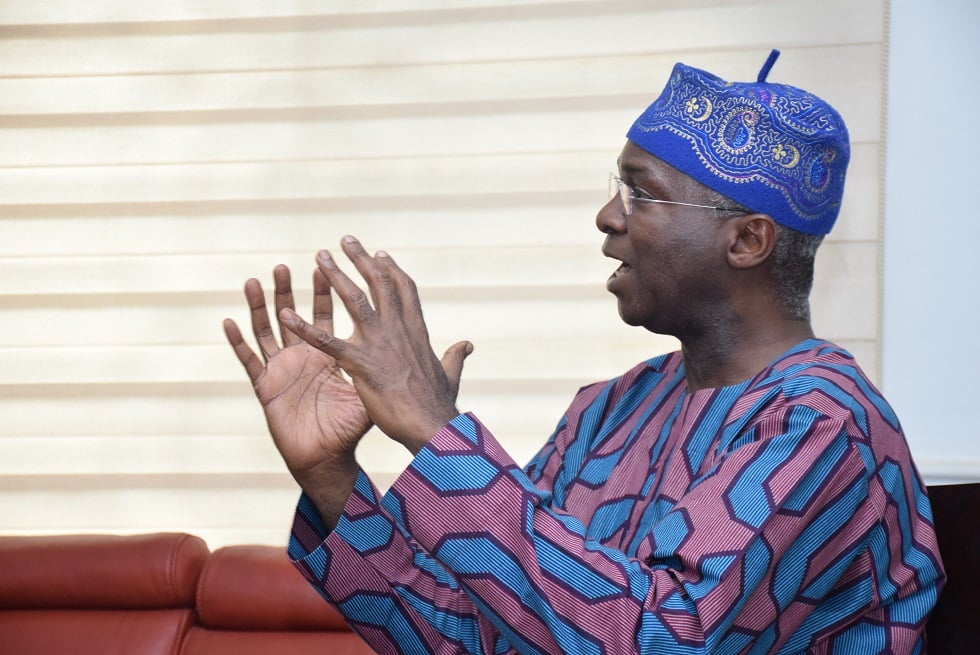
He identified the lack of enough gas supply to the generating companies as one of the challenges confronting the sector majorly through vandalism of gas pipelines for power plants in need of gas to produce electricity, aside the reality of electricity theft by consumers and DisCos which evidently have not performed optimally.
“One of the things we have done is to develop an energy mix for Nigeria which we presented at our National Council of Power last year and that helps us to target a 30 per cent renewable by 2030 of all our energy capacity. We are also looking at getting some more coal into the electricity mix, getting more hydro, some wind, solar…because we have been too dependent on hydro and gas,” the minister said.
However, Fashola told TheCable that while Nigeria can achieve stable power supply although this would take some time, what should be of more priority is for the country to first achieve ‘incremental energy.’
“Uninterrupted power supply is not an event, it’s a journey. The first is incremental energy. As we get that, our electricity experience gets better, then, we go to steady power. Steady power means we have enough because we know how many people need power.
“Today, we don’t have the census of our energy demand; everyone is estimating by mouth and that is not a number to plan for. And every investment you make has to be accounted for because it reflects in tariff. So, we need the census, then we move to steady power but incremental energy experience will relieve us,” the minister said.
CHARTING A WAY FORWARD FOR NIGERIA’S ELECTRICITY SUPPLY INDUSTRY
Towards charting a way forward for Nigeria’s electricity supply industry, Azu Obiaya, chief executive officer (CEO) of the Association of Nigerian Electricity Distributors (ANED), an umbrella organisation of the eleven distribution companies in the country that advocates on issues of common interest to the companies and promotes their collective interests in a singular capacity, says its members are working towards improving the quantity and quality of their product and service.
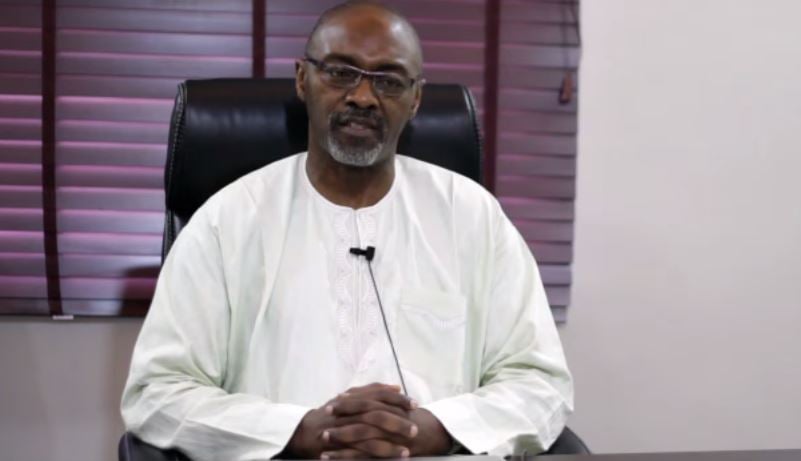
“Certainly, our customers have every right to expect improved and consistent power. And we profoundly regret that we are not able to provide them with the stellar level of customer service that they deserve, at this time. However, we continue to strive towards improving both the quantity and quality of our product and service, respectively,” Obiaya explains.
“We are totally committed to improving the retail electricity supply experience for our customers. Since the handover, the DisCos have been working on rolling out meters, rehabilitating and replacing feeders and transformers, building call centres, automating systems and processes, hiring and training new personnel, among others. We hope that they will bear with us as we work towards this goal.”
With the recent announcement by the minister of power, works and housing, Babatunde Fashola, at the 18th monthly power stakeholders meeting which held in Kumboso, Kano state, that the N67 billion which the 11 electricity distribution companies in the country submitted to the Advisory Power Team (APT) of the office of the vice-president has been verified with N25,994,511,035 accepted and only waiting for approval before disbursement, it is hoped that the funds would help the DisCos in meeting up with their responsibilities.
Akingbogun, NECAN chairman, says NERC needs to give a better regulation to the industry and also investigate malpractices. He charged the commission to apply sanctions to non-performing investors instead of changing the rules of operations to suit the investors to the detriment of the public.
“Sanctions were applied by the NCC on telecommunication companies and every investor started giving better services. If this is done, the public will see improvements in electricity delivery,” he informs TheCable.
He suggests that for privatisation to truly lead to better service delivery in the sector, it would also be necessary for the federal government to consider the privatisation of the transmission lines so that they can attract the needed investments ad be able to carry the higher electricity generated by the GenCos.
Wrapping up, Akingbogun advised the Buhari administration to appoint a substantive chairman for NERC because a chairman in acting capacity would have limitations in correcting past errors and making urgent changes that would lead to better services where necessary and when required.
MAKING THE VALUE CHAIN MORE VIABLE
Other experts told TheCable that it is important for the value chain of the industry to be made viable and sustainable. According to them, the continued under-recovery of costs at the retail end must stop for this to happen. Unless this is addressed, they say the needed injection of capital that is needed to turn the sector around may not come in.
The experts also explained that an enabling environment must be created for the industry to thrive. According to them, situations where there are regulatory and policy uncertainties in the power sector can no longer continue.
“Let’s be honest with ourselves. The regulatory and policy uncertainty, the absence of sanctity of contracts and the political risks involved all limit the bankability of transactions in the sector,” one of the experts profers.
And there is the critical access to finance which will allow for the massive capital investment required for replacing failed and old power infrastructure in the country. Just as the DisCos have an obligation to their customers to deliver improved customer service and power, they say, the customers must also recognise that they have an obligation to pay their bills and work with the DisCos to mitigate electricity theft since everyone suffers the consequences when electricity is stolen.
But most critically, they insist that there must be a change in customer orientation in the country from one that believes electricity is a social product to be delivered by the state or is there to be stolen, to one that recognises that electricity is a commodity with a price to be paid. In essence, Nigerians may need to start getting ready to pay more for power. To continue to reject this will only be playing the ostrich.
But doing all these, according to them, will only lead to an incremental improvement in the sector because just as the failure and deterioration of the sector did not happen overnight, the correction and improvement will also not happen overnight. As the journey of a thousand miles begins with the first step, they insist there must be that unanimous agreement by all stakeholders to commit to taking that first step in achieving stable electricity in Nigeria.
MOVING FORWARD
One challenge, however, is whether Nigerians will be willing and ready to pay more for electricity before the power situation improves or only after it has stabilised. This is the big question moving forward.
For now, in Enugu or Onitsha, Aba or Abakaliki, Nwewi or Owerri, what Nigerians in the south-east, and indeed across the country, want and earnestly desire is for the Muhammadu Buhari administration to ensure that the country enjoys stable electricity supply within the soonest possible time. As far as they are concerned, such request is certainly not too much to ask from a government that campaigned on the slogan of change.
This is a special investigative project by Cable Newspaper Journalism Foundation (CNJF) in partnership with TheCable, supported by the MacArthur Foundation. Published materials are not the views of the MacArthur Foundation.
